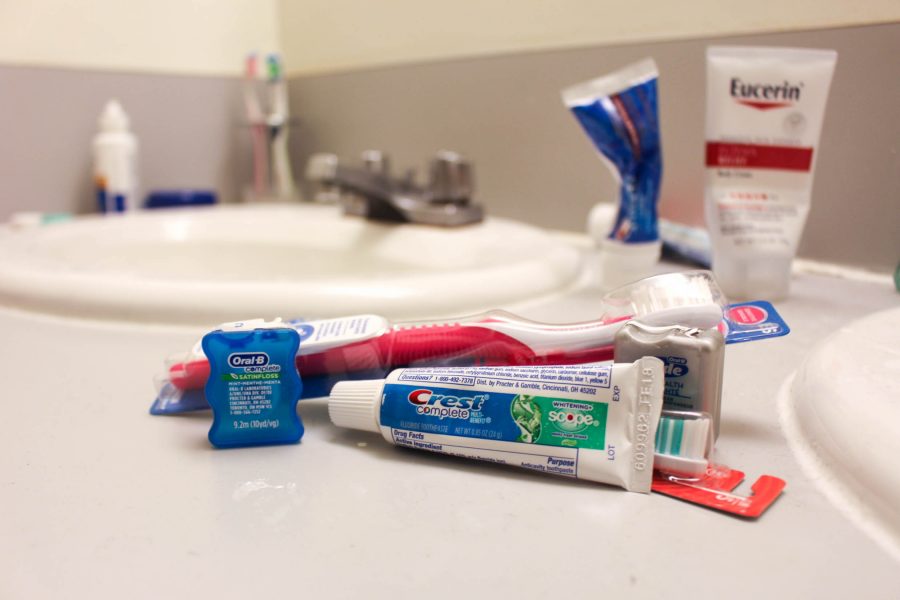NYU Dentistry Serves Underprivileged Communities
NYU is planning on making dental hygiene great again.
November 1, 2016
The NYU College of Dentistry has a far reaching impact on dentistry across the country — it trains about eight percent of all dentists in the United States. Students and faculty also get involved with the community outreach initiatives to help medically underserved populations gain access to quality dental healthcare.
Associate Director of Community Based Dental Education Andrew Schenkel said that the department’s outreach efforts are two-fold.
“Each dental student is on a rotation in the community for a four-month-long, one day a week commitment, where they provide comprehensive dental services in a community-based setting, a federally qualified health center, or a local community hospital or just some other health care facility that has supervising faculty similar to our faculty at school,” Schenkel said. “Students can provide the treatment for the patients, and each year the students perform between 10 and 12,000 patient visits in the community where they are actually performing dentistry.”
He said that the other aspect to the school’s community outreach is the smaller events, where NYU Dentistry students and faculty provide oral health information, general health information, oral health instructions and thorough screening examinations, such as head and neck exams for oral cancer.
The pediatric department also has many outreach efforts, and Elizabeth Best heads many of them as the assistant director of pediatric outreach and prevention programs. They work with people of all ages, and the students rotate and schedule their services around their class times.
“Later this year we will start a comprehensive care program,” Best said. “In two public schools, you’re going to do fillings and cleanings and extractions, and that’s something we have all of our dental students — close to almost 400 per class — going through.”
She said that the department thinks it is important to give back to the community and have outreach programs because it allows all the students to receive some exposure to their future work environments.
College of Dentistry third-year grad student Celeste Qian said that it is nice to have this exposure, especially since New York City is so culturally diverse.
“[The people we provide dental care to are] all in underserved areas in New York, and you kind of realize what a diverse group you are working with,” Qian said.”It has been quite meaningful, because I work with people that don’t really speak English.”
She said that just giving patients an extra five minutes makes them feel as if somebody is listening to them, hearing their problems and understanding their issues. Qian said that this type of connection would not occur in a private office.
Schenkel said that it is important that these programs exist to help people of limited financial means and to provide greater awareness of good dental hygiene. These student-patient relationships make the knowledge more accessible.
“There’s been a very significant impact,” Schenkel said. “We have had this program now for the adult community for the past four years, so there’s no question that the people we see at screening events — as many as five thousand individuals over the course of the year — so that is a huge impact in the community. And every year, we go back to some of the same sites and sometimes the new sites, and that is part of constant effort to increase our contact as much as possible.”
Email Herman Lee at [email protected].

























































































































































